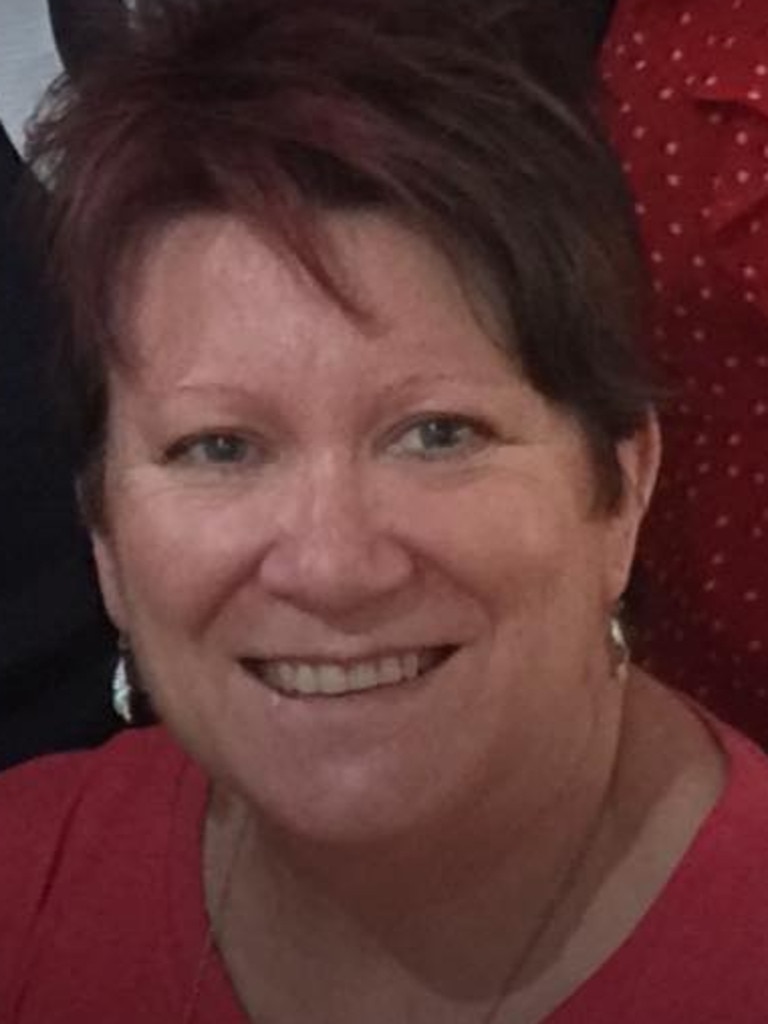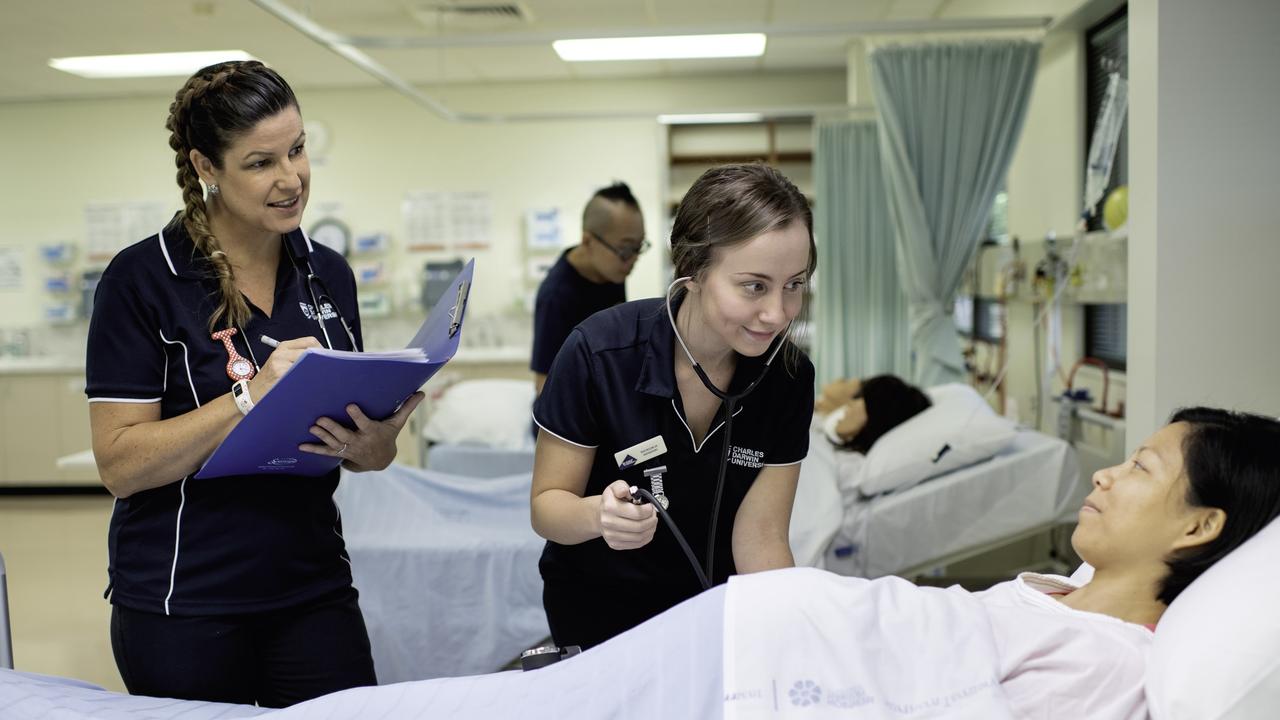Chief Minister, nurses union on whether the NT could provide free nursing courses
A key development of the national jobs summit was the creation of hundred of thousands of free TAFE places. But how will this work in the Territory?
The Northern Territory’s nursing union boss has spoken out in support of following Victoria’s lead in waiving fees for nursing and midwifery courses.
And it is hoped the Federal announcement of 180,000 fee-free TAFE places will also make an ident on the extent of the workforce shortage felt across the industry.
Australian Nursing and Midwifery Federation branch secretary Cath Hatcher said she thought the initiative was “a fantastic idea” and the Northern Territory Government should support the idea of free courses to train up local workers.
“It’s good Victoria is showing the way and hopefully the NT will be taking that on,” she said.
“We need to grow our own workforce within the Territory and we want them to stay in the Territory.
“I know that’s not going to fix it now though.”

Chief Minister Natasha Fyles said the TAFE places would support the NT’s economy, particularly in the trades industry.
“We invest $85 million into vocational education and training — this extra boost for free tafe places will inject a further $5 million per year into training Territorians, on top of boosting funding to Vocational education and training delivered to Secondary Students,” she said.
“TAFE works differently in the Territory as we run Vocation Education Training programs.
“We will work with the federal government to ensure regional and remote Territorians benefit from the pipeline of work which occurring across the entire territory such as the Suncable project.”
Ms Hacther said retaining and attracting workers was still the main issue the government needed to focus on.
“You need to look at nurses and midwives who are working now and make their work-life balance and working conditions better,” she said.
“And now they’re going to give us a wage freeze — who would want to stay in the Territory?”
Ms Hatcher said the fees being waived and current pay incentives in other states would be a big barrier in getting staff to the NT.
“We are going to lose more to Victoria if they’re getting a wage increase and better working conditions,” she said.
“Some have already moved to WA for $15,000 sign on for remote workers.”
Chief Minister Natasha Fyles said the government would be looking into whether a similar university incentive could work within the Territory.
“I did see that announcement from Victoria and we’ll certainly look at that,” Ms Fyles said.
“We have seen a significant number of more nurses enter the graduate nurse program within NT Health over the last year or so.

“Our specifics around our shortage are very specific to certain areas and certain departments – surgical nurses, for example, emergency department nurses.
“So it might not be the initial training of becoming a nurse but it might be those next steps to get those qualifications in a specialty that will assist our system.”
It comes almost two months after Charles Darwin University introduced fee-free courses in a number of health and community services.
CDU Associate Dean of VET from the College of Health and Human Sciences Chrissy Zelley said demand for the fee waiver courses had been “incredibly strong”.
“We have close to 40 new students since the inception of the fee waiver initiative and we are recruiting casual staff to support with the additional student enrolments to deliver the best learning experience for our students,” she said.

Ms Zelley said the initiative was in collaboration with the Northern Territory government in an effort to reduce gaps in workforces.
“We know that fees may deter some students from opting to study and start a career path in health and community services, which in turn may slow down workforce recovery efforts, which is why we are removing the barriers and making it easier on students and on industry,” she said.
“This is about supporting and bolstering the workforce for the health and community sector in the Northern Territory to address vital workforce shortages for health professionals.”




